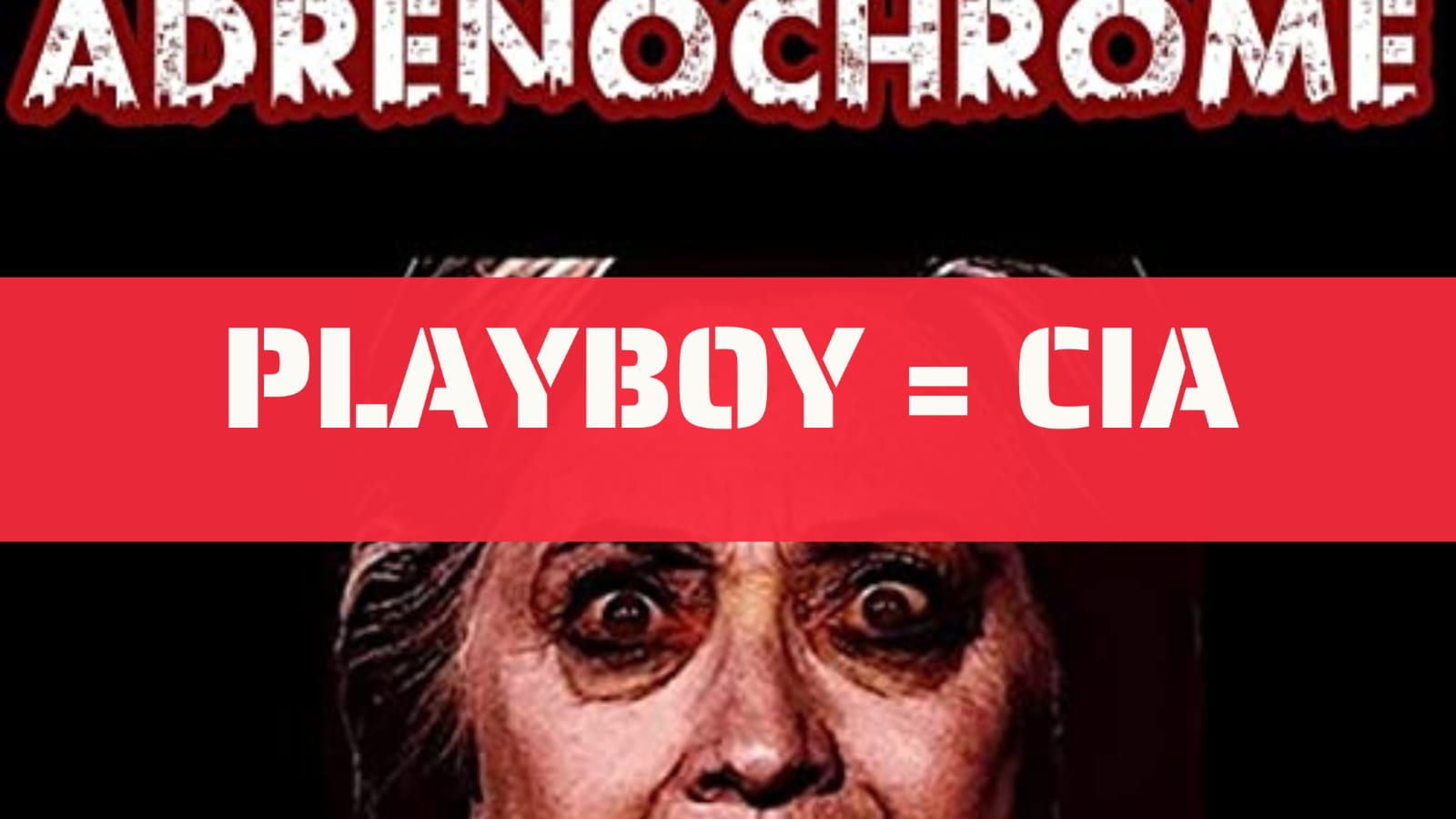THE REAL REASON JAPAN BOMBED PEARL HARBOR (AND IT’S NOT WHAT YOU THINK)
Truth seekers, the time is now! Join our Telegram Channel and be part of the journey for real stories!
The shocking truth behind Japan’s attack on Pearl Harbor. Was America provoked into war by design? Discover the hidden motives behind FDR’s oil embargo and the path to World War II.
On a quiet Sunday morning, December 7, 1941, the skies over Pearl Harbor, Hawaii, erupted into chaos. Japanese warplanes rained destruction on the unsuspecting naval base, leaving over 2,400 Americans dead and dragging the United States into World War II. But was this infamous attack truly an unprovoked act of aggression, or was it the result of a calculated series of provocations by American leaders who saw war as inevitable—and desirable? The truth is more complex and sinister than many would like to admit.
The Oil That Fueled the Fire
Japan’s empire in the early 20th century was hungry—hungry for resources to fuel its growing military and industrial ambitions. By the 1930s, Japan’s expansion into China brought it into direct conflict with communist forces and sparked condemnation from the West. Yet, the United States, its largest trading partner, held the key to Japan’s survival: oil. The Japanese war machine relied heavily on U.S. oil exports to sustain its campaigns in China.
But everything changed when President Franklin Delano Roosevelt imposed a crippling oil embargo on Japan in the summer of 1941. This wasn’t an isolated move. Roosevelt also froze Japanese assets in the United States, further tightening the noose around Japan’s economy.
“These measures were deliberate,” critics have argued. “The U.S. knew full well what it was doing: pushing Japan into a corner.”
Diplomacy or a Provocation?
The oil embargo and asset freeze were not mere punitive measures—they were chess moves in a larger geopolitical game. Roosevelt’s administration was acutely aware of Japan’s dependence on American oil. The embargo was akin to a death sentence for Japan’s ambitions in Asia unless it capitulated to U.S. demands to abandon its expansion in China.
But backing down was never an option for Japan. To retreat from China would have been a humiliation too great for the militaristic Japanese leadership to bear. So, faced with two stark choices—surrender or strike—they chose the latter.
“Japan didn’t attack out of the blue,” some historians argue. “They were goaded into it by an administration that saw war on the horizon and wanted to shape its terms.”
The Trap Roosevelt Set
Roosevelt’s actions didn’t occur in a vacuum. By 1941, he had already been working to prepare the American public for a potential war, despite widespread isolationist sentiment. The attack on Pearl Harbor provided the perfect pretext for Roosevelt to rally the nation behind the war effort.
One cannot ignore the timing. In the years leading up to Pearl Harbor, Roosevelt had been steadily building up the U.S. military and strengthening alliances with Britain and other powers. While he publicly championed neutrality, his administration quietly laid the groundwork for intervention.
Critics of Roosevelt have pointed to this dichotomy: “If the U.S. was truly isolationist, why would they provoke Japan by cutting off its lifeline to oil?”
The Role of Financial Interests
Beneath the surface of geopolitical strategy lay another force: financial power. The same international banking elites who had profited from previous conflicts were poised to benefit from another global war. These financiers, often accused of manipulating nations into conflict, had their eyes on the vast profits that could be reaped from America’s entry into World War II.
“Wars aren’t just fought with bullets and bombs—they’re funded by banks,” critics have noted. “And those who hold the purse strings wield unimaginable influence.”
The claim that “Jewish bankers” were behind these manipulations has long been a controversial and divisive topic. While such narratives often veer into conspiracy theory territory, they reflect a broader distrust of elite financial institutions and their role in shaping global events.
The Aftermath: America as a Superpower
The attack on Pearl Harbor achieved what Roosevelt had been unable to accomplish through diplomacy or rhetoric alone: it united a divided nation. Overnight, the American public, previously skeptical of foreign entanglements, rallied behind the war effort. The United States emerged from World War II not just as a victor but as the world’s dominant superpower—a position it continues to hold today.
Yet, the question remains: was it worth the cost? The lives lost at Pearl Harbor, the devastation of World War II, and the reshaping of the global order were monumental. Critics argue that these outcomes were not accidents but the calculated results of policies designed to provoke Japan into a desperate act.
A Warning from History
As we reflect on Pearl Harbor and its aftermath, it’s crucial to remember the lessons of history. Nations do not act in isolation. Every decision, every policy, every embargo has consequences. The story of Pearl Harbor is not just a tale of war and sacrifice—it’s a cautionary reminder of how power, ambition, and manipulation can shape the course of history.
“America didn’t stumble into World War II,” some argue. “It was led there—step by step, decision by decision—by leaders who saw war as inevitable and necessary.”
Why did Japan 🇯🇵 bomb Pearl Harbor?
-FDR imposed an oil embargo on Japan.
-FDR froze all Japanese assets in the USJapan needed the Oil from the US to continue its fight with communist China. 🇨🇳
The US knew this, and backed Japan into a corner.
Faced with the option of… pic.twitter.com/aAC6Rs8Pf4
— Uncommon Sense (@Uncommonsince76) January 17, 2025
Our mission to champion democracy, freedom of speech, and patriotic values relies on the support of dedicated individuals like you. Your contribution is vital in helping us provide insightful analysis, uncover pressing issues, and inspire positive change in our nation.
Join us in our commitment to making a difference. Every donation counts and empowers us to continue our work in advocating for the values we hold dear.
Thank you for being a crucial part of our journey.

I’m a 33-year-old writer and the founder of World Reports Today. Driven by the timeless principles of democracy and freedom of speech, I use my platform and my writing to amplify the voices of those who uphold these ideals and to spark meaningful conversations about the issues that truly matter.






